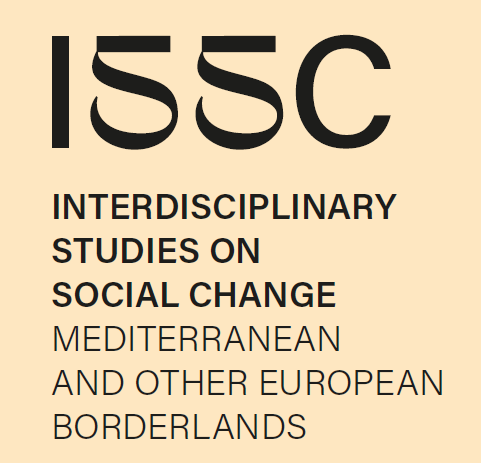Though things are changing, migration studies as a discipline continues to be strongly informed by econometric, sociological and anthropological approaches that privilege economic and political analyses of migration. such approaches have been critiqued, among others, for centering the “West” or the global North, for reifying the figure of the migrant, and remaining within the paradigm of what the decolonial scholar, Walter Mignolo, describes as the “global designs of coloniality” (2012[2000]). The intention of this course is to explore alternative practices and perspectives in the study of migration that have the potential to facilitate “moments in which the imaginary of the modern world system cracks” (Mignolo 2012[2000]: 23).
The course begins with an introduction to the key critical lenses we will apply to the study of migration – theories of the affects/emotions and decolonial theory – with the aim of grasping their promise of novelty as well as the epistemological tensions they engender when applied within the frame of/alongside migration studies. Over subsequent sessions in the course, we will explore three clusters of topics and approaches to the study of migration, which attend to:
- sensory and embodied experiences of migratory movements and the affective responses to these movements, with attention to how migration relates to processes such as racialization. (e.g. Nikielska-Sekuła 2023; Probyn 1996, 2005; Stoller 1997; Powrzanovic Frykman 2001).
- migratory movements not only from the global South to the global North (the former colonies to the former colonial powers), and from the European East to the “West,” but also other configurations of movements between states, regions and continents, which decenter the “West” and the global North and challenge predominant, universalizing narratives of migration. (e.g. Gopinath 2010; Lingelbach 2020; Anzaldúa 1987)
- how emotions and affects are harnessed to politicize migration-related issues, thus reinforcing or redrawing borders and boundaries, and preventing or (alternatively) enabling change. (e.g. Ahmed 2004, 2006; Probyn 1996, 2005; Amelina 2022)
What does it mean to feel through migration? How does migration manifest in the body? How can we conceptualize migration as a state of being rather than a process or through the figure of the migrant? What are the implications of such questions for the methods and approaches we use to study migration? These are the overarching concerns that will guide our work together on this course.

